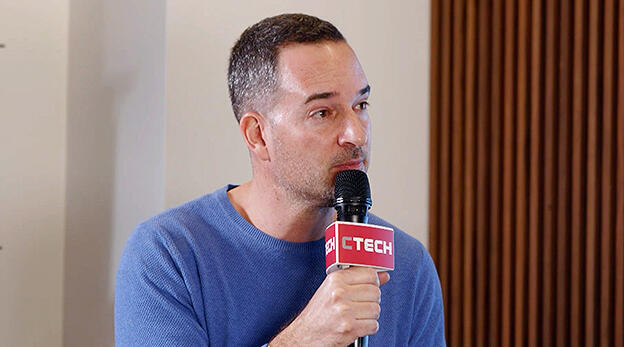
OpinionThe quantum revolution: A new era in technology
Opinion
The quantum revolution: A new era in technology
"The quantum future is already here, and the question is not whether it will change the world, but when and how we will be ready for this change," writes Marsel Vaida, CEO and founder of Good Quality.
In the technology world, we often witness defining moments that signal a paradigm shift. Quantum computing is one such technology, promising not only to transform how we process information but also to revolutionize numerous fields - from drug development to advanced cybersecurity.
In December 2024, Google announced a significant breakthrough in quantum computing. Using a new chip called "Willow," containing 105 qubits, the company successfully solved a complex problem within minutes - a task that would have taken a classical computer longer than the age of the universe. This achievement marks the beginning of a new era in the technology industry.
Quantum computing is not just another technological innovation. It represents a fundamental leap in our computational capabilities. While classical computers rely on bits representing 0 or 1, quantum computers utilize qubits, which can exist in a state of both 0 and 1 simultaneously, a phenomenon known as "superposition." This capability enables massive parallel computations, opening new possibilities across multiple domains.
The implications of the quantum computing revolution are expected to be far-reaching. In drug development, for instance, quantum computing will enable more accurate molecular simulations, potentially accelerating research and development processes significantly. In information security, while quantum computers pose a threat to current encryption methods, they also offer new, more secure encryption solutions. In logistics, parallel computing capabilities will allow solving complex routing problems and supply chain optimization.
Despite impressive progress, significant challenges remain. One of the primary challenges is error correction - a problem that Google claims to have made significant progress in solving. There is also a need to increase the number of qubits while maintaining their stability. Nevertheless, the capital market already recognizes the potential: quantum computing companies raised approximately $1.5 billion in private markets during the first ten months of 2024, a significant increase compared to $785 million in 2023. Companies like Quantinuum are planning IPOs valued at billions of dollars.
Industry estimates indicate a timeline of 5-15 years until the technology matures for widespread commercial use. However, recent developments show an accelerating pace, and we might see significant applications even sooner. Success in the quantum world will require not only deep technological understanding but also the ability to rapidly adapt to new paradigms of software development and testing.
The quantum future is already here, and the question is not whether it will change the world, but when and how we will be ready for this change. The advancement of quantum technology marks not only the beginning of a new technological era but also the need for the entire technology industry to prepare for the challenges and opportunities ahead.
The author is the CEO and founder of Good Quality, specializing in software testing and automation development.















